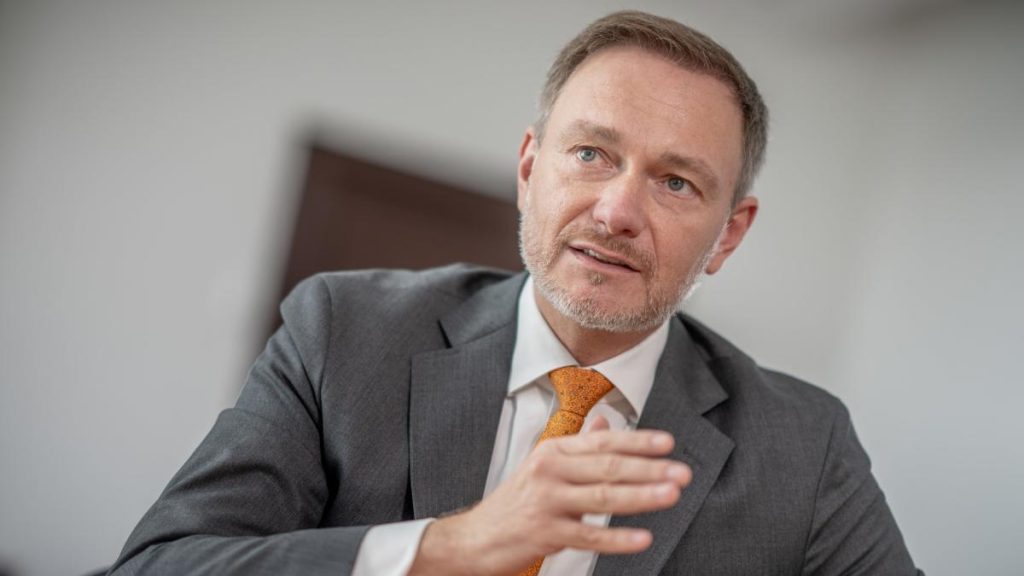Finance Minister Christian Lindner announced an increase in child benefits and higher tax-free allowances for 2025 in Germany. The Social Democratic Party (SPD) and the Greens had already called for an increase in child benefits at the beginning of 2024, which Lindner now plans to implement in 2025. However, it remains unclear whether the planned children’s basic security will be introduced next year. Lindner mentioned the possibility of a child benefit increase in the coming year but did not specify the exact amount parents could expect to receive.
The increase in child benefits is a logical consequence of Lindner’s announcement to offset the cold progression in the coming year. This refers to the impact of high inflation on income tax, with adjustments made to the tax-free basic allowance and child tax allowance. Consequently, the child benefits are usually adjusted as well, as parents automatically receive either child benefits or child allowances in their income tax assessment. Children from low-income families may also be eligible for a child supplement of up to €292 per month. Lindner’s plans for 2024 include retroactively raising the basic and child tax-free allowances from January, but child benefits will not be affected until 2025.
Lindner justified the delay in increasing child benefits by highlighting the substantial increase in 2023 to relieve families, making an increase in 2024 unnecessary. However, adjustments to the basic and child tax-free allowances are essential for constitutional reasons, as they follow the increase in child benefits from 2023. The increase in the basic and child tax-free allowances is also necessary due to the rise in citizen benefits from January 1st, according to Lindner. The Social Democratic Party believes it would be unfair to raise the child tax allowance without simultaneously increasing child benefits, which would only benefit families with higher incomes.
The introduction of the child basic security in 2025, which combines child benefits with benefits from citizen benefits for children and child supplements, is aimed at ensuring that all families entitled to these benefits receive them in full. The implementation of this system remains uncertain as the law has not yet been passed in the Bundestag, with the FDP and Greens expressing dissatisfaction with the proposal by Family Minister Lisa Paus. The potential increase in child benefits would result in a higher child basic security, but its realization is contingent on the successful passage of the legislation in the Bundestag.
Overall, Lindner’s plans to increase child benefits in 2025 and adjust tax-free allowances are part of efforts to address the impact of inflation on income tax and provide relief to families. The debate over the child basic security and the differing perspectives of political parties highlight the complexities of balancing the needs of families with varying income levels. It remains to be seen whether the proposed changes will be implemented successfully and how they will impact families across Germany.















